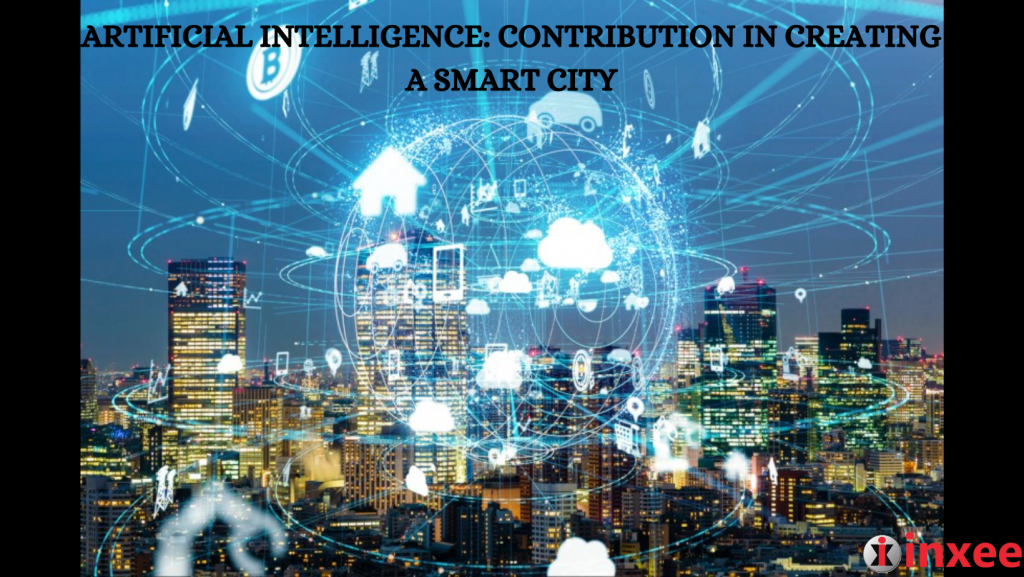How Artificial Intelligence is Contributing to the Smart City?
Artificial Intelligence (AI) has the potential to revolutionize the way we live and work, and one of the most promising applications of this technology is in the development of smart cities. A smart city is one that leverages advanced technologies to improve the quality of life for its citizens, and AI plays a crucial role in enabling this transformation.
Here are some of the ways in which AI is important in creating a smart city:
- Improving Efficiency: AI can help to optimize the functioning of various systems within a city, such as traffic management, waste management, and energy consumption. By analyzing data and making predictions, AI algorithms can help to reduce waste, save energy, and minimize traffic congestion.
- Enhancing Safety: Smart cities can use AI to improve public safety by identifying potential risks and responding to emergencies more quickly. For example, AI-powered surveillance cameras can detect suspicious behavior and alert authorities in real-time, while predictive analytics can help to identify areas that are at high risk for crime.
- Promoting Sustainability: AI can help to promote sustainability by enabling better management of natural resources. For example, by analyzing data from sensors and weather forecasts, AI algorithms can help to optimize irrigation and reduce water usage in agriculture. In addition, AI can help to reduce greenhouse gas emissions by optimizing energy consumption in buildings and transportation.
- Enhancing Citizen Engagement: AI-powered chatbots and virtual assistants can help to improve citizen engagement by providing personalized information and support. For example, chatbots can help citizens to find information about public services, while virtual assistants can provide assistance with tasks such as scheduling appointments and paying bills.
- Enabling Predictive Maintenance: AI can help to reduce maintenance costs and downtime by enabling predictive maintenance. By analyzing data from sensors and other sources, AI algorithms can predict when equipment is likely to fail and schedule maintenance before a breakdown occurs.
In conclusion, AI is a key enabler of the smart city revolution, and its importance is only set to grow in the future. As cities around the world become more connected and more data-driven, AI will play a crucial role in enabling cities to become more efficient, sustainable, and livable for their citizens.










Leave a Reply